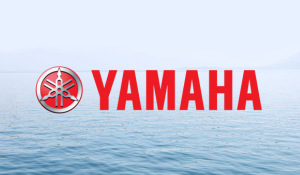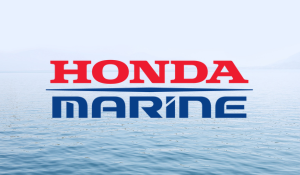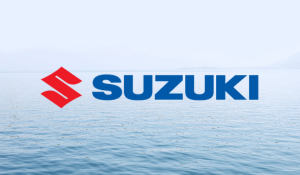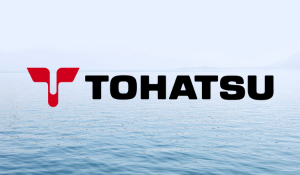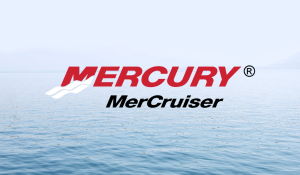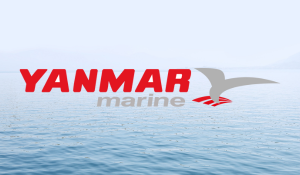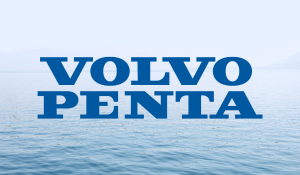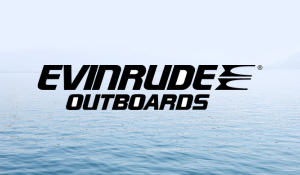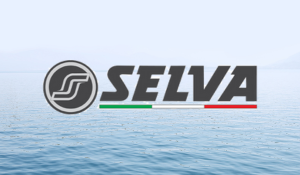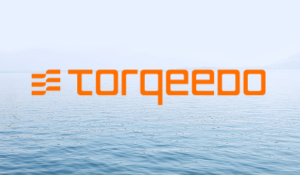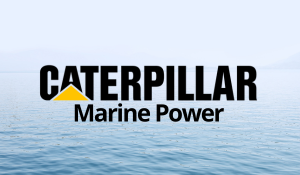Buy Boat Engine:
Tips for making the right choice!
The choice of engine for any boat owner is an important decision that can have a significant impact on the performance, there safety and the pleasure to sail on the waves.
Many engine brands are available on the market, and it is not easy to navigate among all the existing models.
Each engine has its own advantages depending on the intended use and your personal preferences. If you have a specific type of boat or activity in mind, it can help you determine which kind of engine is best suited.
It is therefore necessary to examine the issue in order to carefully evaluate the available options and understand the key factors to consider.
To achieve a wise investment In the long term and to ensure your satisfaction on the water, bateauavendre.fr reveals the different brands, types of marine propulsion, and their characteristics.
Whether you are an experienced or novice sailor, this article guides you to find the engine ideal suited to your specific needs and budget.
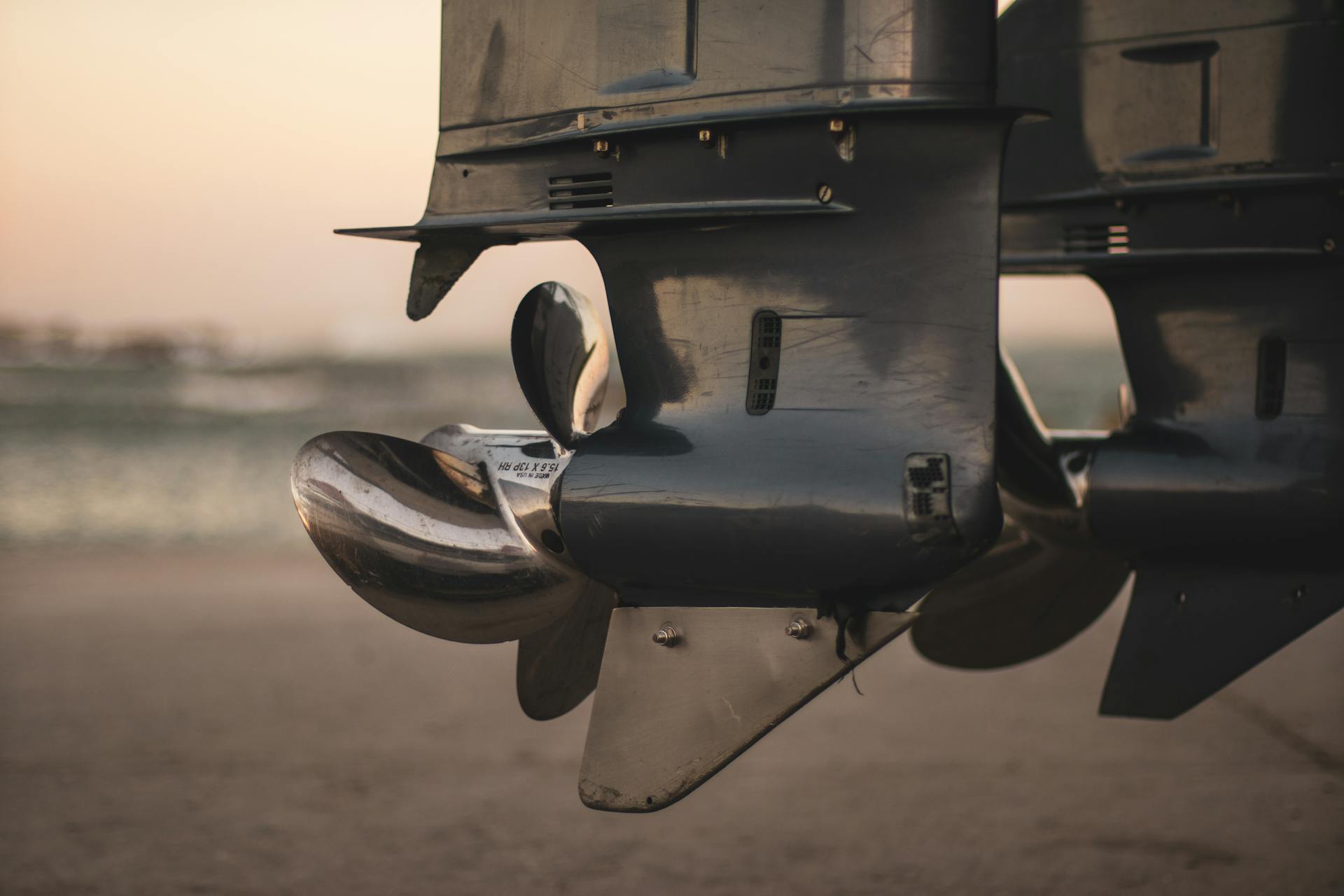
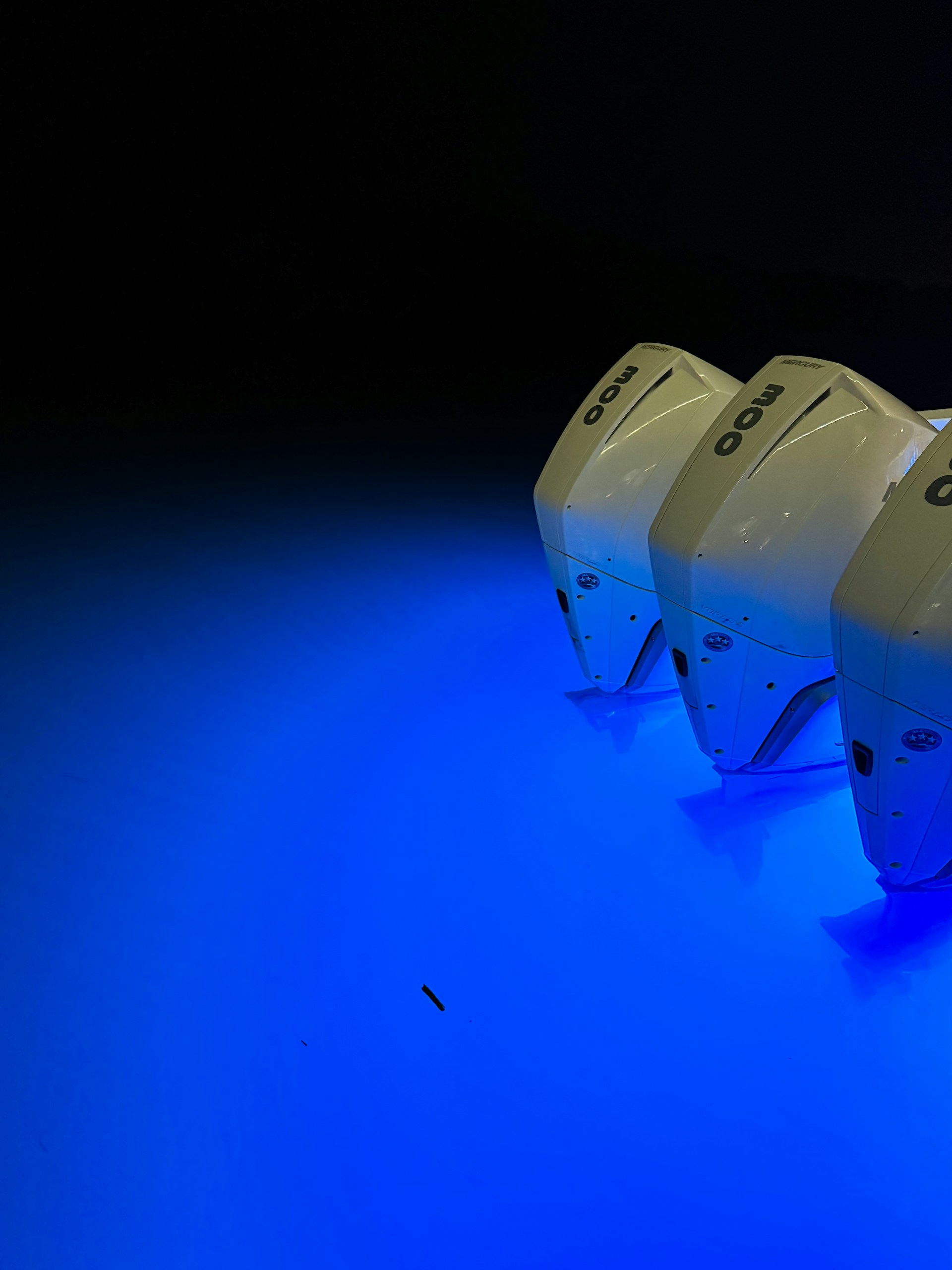
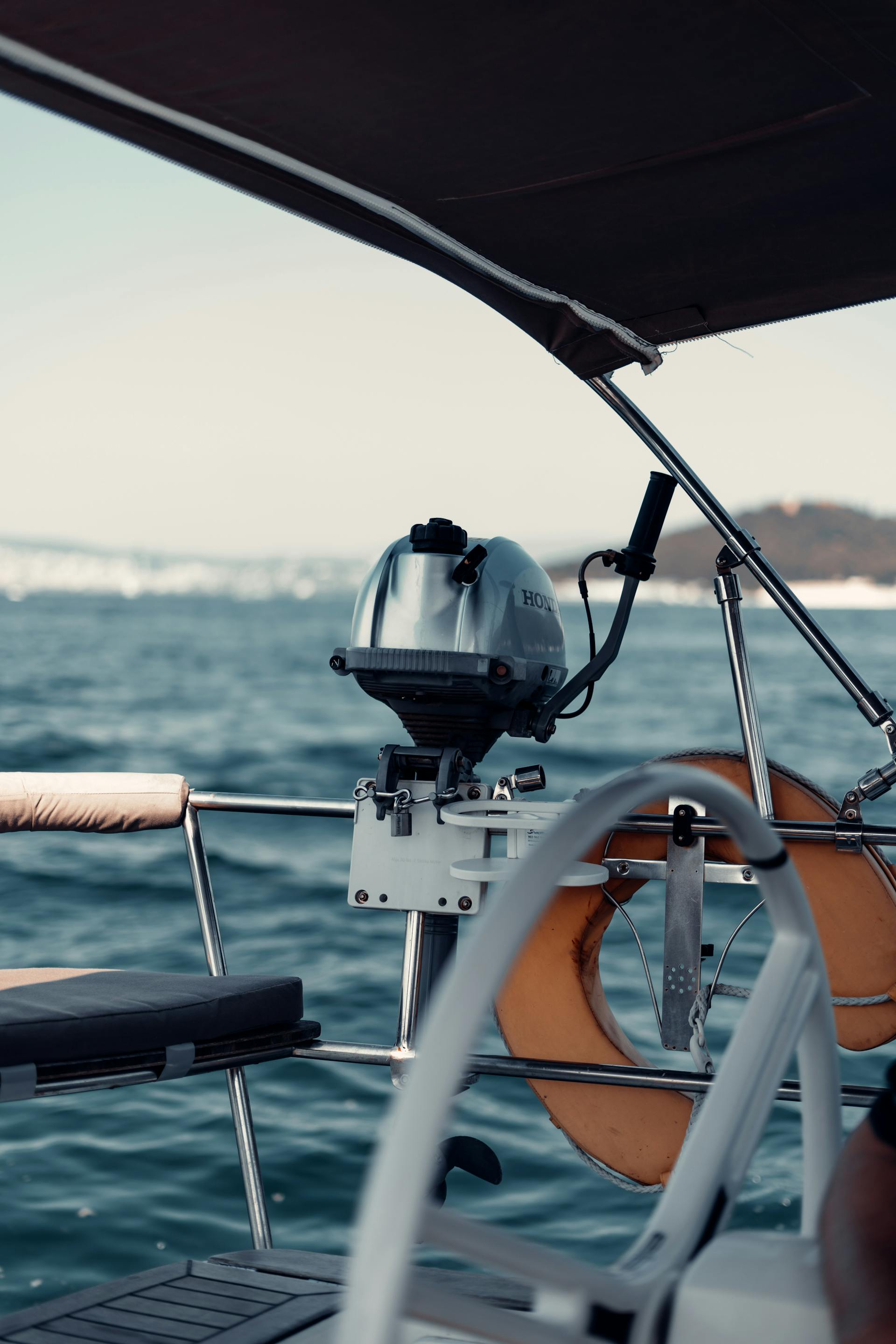
How to choose the ideal engine for your boat?
France has over 5,800 km of coastline, providing an exceptional terrain for sailing enthusiasts.
With iconic regions such as the Brittany, there French Riviera and there Normandy, Many individuals are choosing to turn to recreational boating, which has led to a significant increase in demand for boat engines, both for small vessels and yachts.
Outboard engines, in particular, are highly successful. This type of propulsion system, suitable for small and medium-sized boats, is appreciated for its ease of use, energy efficiency, and simplified maintenance.
Make the best choice for your boat
It is recommended to establish a list of your priorities and compare several models based on your unit, constraints, and finances.
Several reputable brands exist in the marine engine market, each offering a range of products suited to different types of vessels and nautical activities.
Here are some of the best-known and best-selling brands
Find your boat engine for sale on our platform in one click on the brand that interests you.
Dealers, engine manufacturers, resellers, and service points near you can guide you and provide some recommendations.
You can view the list of boating professionals and specialized nautical services for these offerings by filtering by region or refining your search by brand engine part
Key Points to Remember When Buying Your Engine
The compatibility The propulsion system with your boat is essential.
The engine size must comply with that of your boat. Smaller boats generally require engines up to 5 liters, while medium-sized boats require engines up to 30 horsepower (HP). Choosing the right size ensures optimal performance and safe navigation.
Find the satisfying balance between the power of the engine and the specifications of your unit can make all the difference.
An underpowered engine does not allow reaching the desired speeds, especially in rough seas or with a heavy load. Conversely, an overpowered engine can compromise stability and the hull durability of your boat. It is therefore essential to find a power suitable for the size and weight of your vessel.
Lightweight and compact engines are often chosen for small boats, while larger and heavier ones are more suitable for bigger vessels.
To give you an idea, a 5 to 10 HP engine may be suitable for small inflatables, while 50 to 200 HP engines or more are needed for larger sport boats.
Our Tips
Compatibility
- Type and size: sailboat, motorboat, inflatable boat
- Total load : (boat + passengers + equipment)
- Hull type : planing, semi-planing, displacement
- Intended use : cruising, pleasure boating, fishing, water sports or activities
- Navigation area : inland waters, coastal waters, offshore waters
- Propeller : Diameter, step..
- Budget
- Personal Preferences: gasoline, diesel, electric
Type of propulsion :
- Outboard motor : Ideal for small boats, easy to maintain and replace
- Inboard engine : more suitable for large boats. Offers better performance and good stability
- Electric motor : eco-friendly and quiet, but generally less powerful
- Z-drive or stern drive engine : between outboard and inboard
Technology :
- 4-stroke or 2-stroke : Four-stroke engines are generally quieter, more fuel-efficient, and less polluting than two-stroke engines.
- Electronic injection : Ensures better combustion and a reduction in contaminants
- Hybrid propulsion : Flexibility of use and reduced fuel consumption
- Variable pitch propeller : Adjust the blade pitch of the propeller to optimize performance at different speeds
Engine power
Check the required power in horsepower (Hp) or kilowatts (kW). It must correspond to the intended use.
Refer to the manual for the manufacturer's recommendations.
Take into account the total weight of the boat (with passengers and equipment), the navigation conditions, and the desired speed.
Safety margin : choose a slightly undersized engine rather than an overpowered engine to avoid excessive fuel consumption and premature wear.
Fuel
- Gasoline: The most common, but polluting and energy-consuming
- Diesel: More economical and less polluting, but heavier and more expensive to purchase
- Electric: Quiet and environmentally friendly, but limited range and high cost
Inquire about the engine's energy efficiency for long distances or cruising.
Modern outboard engines are more fuel-efficient.
Noise and vibrations
Some engines are noisier than others, which can affect your comfort and influence the noise level.
Inboard engines are better insulated and the noise is dampened by the boat's hull.
Exhaust systems sometimes generate significant noise, especially if the muffler is damaged or poorly designed.
Engine vibrations cause noise if the engine is not properly secured.
Spare parts
Ensure the availability of spare parts such as filters, spark plugs... and repair, maintenance, or servicing of propulsion system.
Check for local dealers, distributors, or authorized service centers.
Prices may vary considerably.
It is useful to compare prices between different suppliers.
Corrosion resistance
Corrosion is one of the main enemies of boat engines, especially in a marine environment.
Choose an engine made with durable materials to corrosion, such as aluminum or stainless steel, to ensure increased longevity.
A superior quality construction contributes to minimize damage caused by corrosion and to maintain your engine's performance over time.
Technical specifications and innovations
It is important to take into account the technical specifications and innovations. Modern engines offer advanced technologies such as electronic controls and power steering systems, enhancing performance and maneuverability.
Four-stroke engines are characterized by their low-end torque and reduced fuel consumption, but require more maintenance than two-stroke engines, which are simpler and lighter, but require a special gasoline and oil mixture.
Available accessories, such as cooling systems, anodes, and batteries, can also influence the price and performance of the engine.
Outboard motors, available in gasoline, diesel, or electric versions, are valued for their compactness, easy installation, and simple maintenance. Renowned brands such as Suzuki, Yamaha, Honda, and Mercury offer a wide selection, each with its own specifics.
The energy consumption and theenvironmental impact are increasingly important considerations. Four-stroke engines are more fuel-efficient and less polluting than two-stroke engines.
Electric motors, although they have limited range, represent a zero-emission and silent option, ideal for calm waters and small boats.
Choosing an engine that balances performance and environmental friendliness is a positive step for our planet.
Whether using electric motors, hybrids, or alternative fuels, these technologies contribute to more sustainable and environmentally friendly boating, especially for navigation in protected areas.
Understanding the Different Types of Outboard Motors
Outboard engines are divided into several types, each having its own characteristics and applications.
4-stroke outboard motors
These engines can be outboard or inboard and are an excellent choice for many types of boats, offering a good balance of performance, efficiency, and environmental impact.
Sophisticated, four-stroke outboard engines dominate the market with their two-engine turn process for the four phases of the combustion cycle, controlled by valves.
This configuration gives them a robustness and reliability superior in the long term. The major advantages of four-stroke engines include more efficient fuel consumption, lower emissions, and reduced noise levels.
They require regular oil changes and have a higher weight and cost compared to two-stroke engines.
However, their reliability and consistent performance make them the preferred choice for sailors concerned with long-term durability and efficiency.
Ideal for pleasure boats, for fishermen seeking reliable and economical performance, and for professionals in the course of their work
2-stroke outboard motors
Two-stroke outboard engines excel in their ease of construction and their excellent power-to-weight ratio. Completing the four phases of the combustion cycle (intake, compression, combustion, and exhaust) in a single engine revolution, they are distinguished by their lightness and compactness.
Their strengths include a higher acceleration At startup and at high speed, simplified maintenance thanks to their streamlined design, and generally a more affordable cost than four-stroke engines.
Another notable advantage is the absence of the need for an oil change, as the oil is mixed directly with the fuel.
Direct Fuel Injection (DFI) models stand out for their efficiency, producing fewer direct emissions while complying with strict environmental standards.
However, the need for an oil/fuel mixture for lubrication may increase operating costs and negatively impact the environment if poorly managed.
Electric outboard motors
Electric outboard motors are gaining popularity due to their environmental benefits and ease of use.
Offering an innovative and eco-friendly alternative, electric outboard motors are powered by batteries and use permanent magnets or coils to generate their power.
They stand out for their zero emissions, silent operation, and limited maintenance thanks to their simplified design.
Available in a range of power options, suitable for small pleasure boats, canoes, kayaks, and even fishing boats.
Their main limitation lies in the capacity and autonomy of the batteries, making these motors less suitable for long distances or intensive use.
Nevertheless, they represent an attractive option for small boats and activities in calm waters, where environmental performance and ecology are priorities.
Choose an outboard motor according to the type of use
Here are some recommendations for selecting the appropriate engine based on your activity: Fishing, leisure and watersports, pleasure boating, heavy load transport, rescue or intervention, professional use...

To meet the needs of sporting and recreational use, such as water skiing, towable tubes, wakeboarding..., choose an outboard motor that combines power, speed, and maneuverability. Four-stroke or two-stroke direct injection engines are perfect for sport boats and motorized dinghies, as they provide rapid acceleration and impressive top speed.
Recognized brands offer engines ranging from 50 to 200 HP, particularly recommended for these activities. These engines provide an optimal balance between power and fuel economy and are often equipped with advanced technologies, such as electric controls and power steering systems.
The choice of a suitable propeller is also crucial, significantly influencing engine performance. A well-chosen propeller, in terms of pitch and diameter, allows reaching the optimal RPM recommended by the manufacturer, while optimizing fuel consumption and top speed.
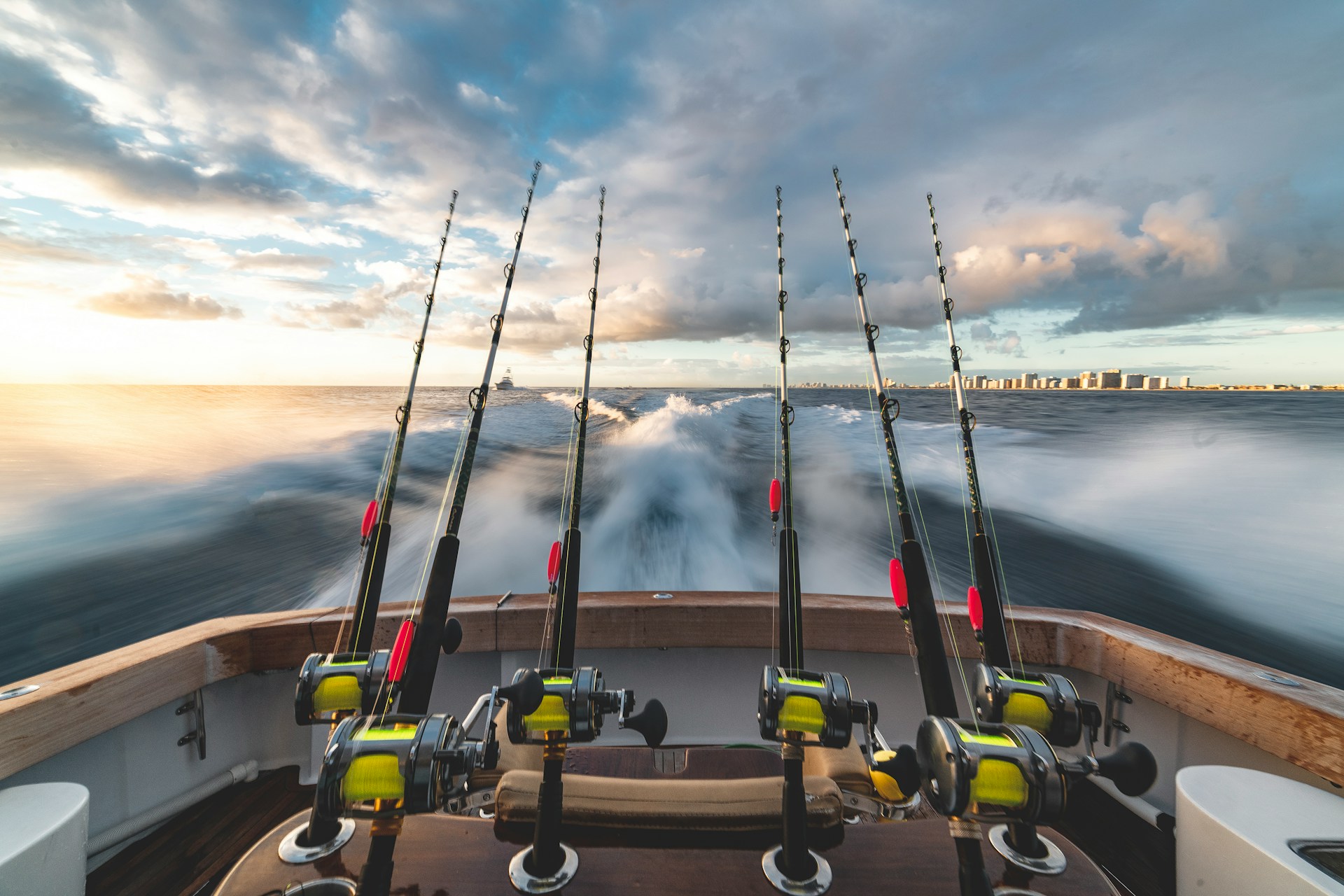
Fishing requires a boat equipped with an engine offering stability, reliability, and discretion. Four-stroke engines, known for their low noise levels and fuel efficiency, are often preferred. A moderate power range of 20 to 100 HP is generally adequate for most fishing boats.
These engines stand out for their good low-end torque, facilitating planing and ensuring smooth navigation in calm waters. Additionally, the low noise of four-stroke engines is a major advantage for not scaring the fish.
It is also important to take into account accessories such as manual or electric controls, steering systems, and navigation instruments, which can simplify fishing activities and enhance safety.
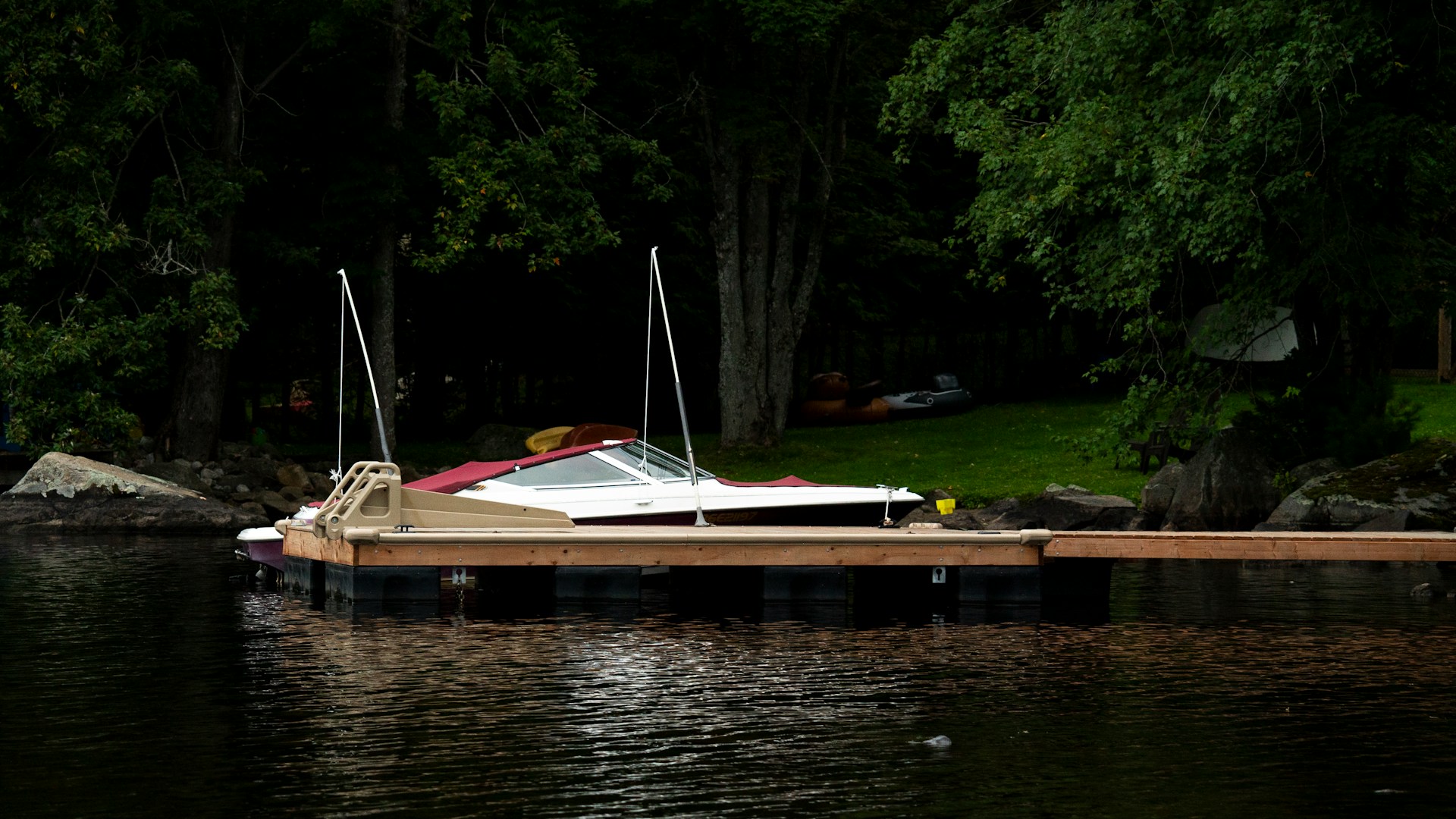
The choice of engine must be adapted to the specific conditions of freshwater or saltwater. For freshwater, lightweight and electric engines, both two-stroke and four-stroke, are suitable. For use in saltwater, more robust and corrosion-resistant engines are necessary.
However, it is essential to ensure the engine's compatibility with fresh water and the materials' resistance to corrosion. In saltwater, corrosion control becomes paramount. Engines with stainless steel or anodized aluminum components are preferable for their ability to withstand the aggressiveness of seawater.
Brands like Mercury and Yamaha often offer options specially designed for saltwater, including advanced anti-corrosion treatments.
Furthermore, the engine mounting height and protection against ventilation must be carefully adjusted to prevent performance and safety issues in saltwater.
You are now equipped with valuable information to make an informed decision and find the best propulsion system perfect for enhancing your boating experiences and maximizing your enjoyment during your outings at sea or on freshwater.
